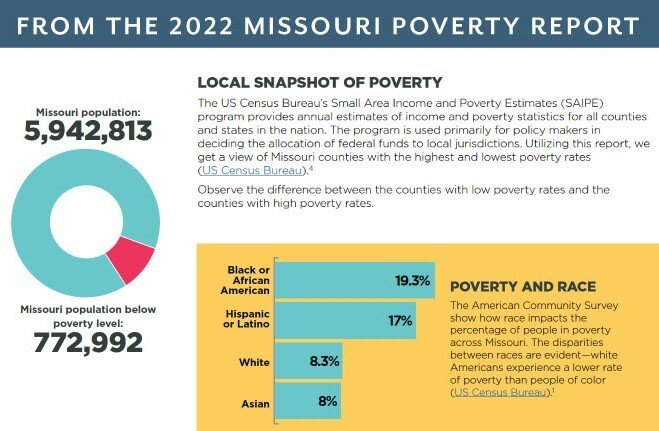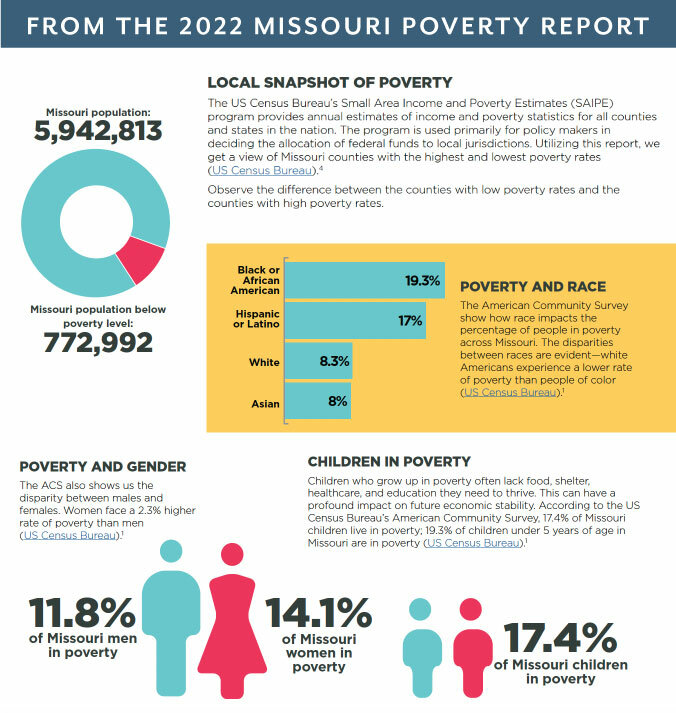ENCOUNTER AT CATHOLIC CHARITIES -- Restoring hope and security after predatory lending
Empowering families in the process

When I came into my role at Catholic Charities, I didn’t know what to expect. I felt called to this work because I had started working with people experiencing poverty through Transformational Housing and felt the pull to do something more. I looked forward to incorporating my faith into my work and ministry at Catholic Charities. I’m grateful for the encouragement from family and friends to pursue work in service of others.
It was surprising to me, to experience for the first time, the challenges that families were facing in the area I lived in. The opportunity to serve people in a hands-on way, relying on my background in finances, having worked in auditing and accounting for over 30 years — the financial stability and wellness program called to me.
I want you now to try to ask yourself these next few questions slowly, really taking time to think on them. If you found out tomorrow that you have a major health problem requiring hospitalization:
What would you do?
Who would you turn to?
How would your family fare as you coped with the hospital stay?
Now, imagine that your employer, who keeps your hours under the threshold of offering benefits, doesn’t pay for sick leave — so the time that you cannot work is time that you will not get paid. And, if you can’t come back to work in three days, you’ll likely lose your job.
Or, maybe you’re on your way to work when the check engine light turns on, so you pull over and end up needing a tow. You’re facing a major car repair, with no savings to cover the cost.
How will you get to work tomorrow?
How can you come up with the money you need for repairs?
What will your family do if you can’t make it all work?
Across our nation, and just down the street from us, many families living in the U.S. are one emergency away from crippling financial trouble. The 2022 Missouri Poverty Report artfully explores the state of families in Missouri facing financial insecurity, lack of access to healthcare, food insecurity and more. It sheds light on the situation, with Missouri’s 13% poverty rate exceeding that of the U.S. average of 12.8%. In the common situations I mentioned above, many families are doing everything they believe they can to stay afloat from month-to-month and still find themselves in desperate need of $500 or $1,000 when facing an emergency.
And, when they look for help with that crisis, the local payday lender is more than happy to oblige — often at 10 times the average interest rate for a traditional loan. Predatory lenders — also known as title loans, installment loans, cash advance, payday loans — offer “help” at a price, which, in most cases, will be repaid many times over.
I have been astounded by the prevalence of these types of lenders. We drive past them on our way to work, when we go out to grab lunch, or walking home from the bus stop. That they exist, and stay in business, shows us the need exists — help in a pinch — and systemic help to break cycles of poverty that keep families from financial stability. And predatory lending is a big part of that cycle: not having enough, needing more, strapped with unpayable interest rates: wash, rinse, repeat.
Last year Catholic Charities launched the Predatory Loan Relief program, seeking to help those who have been caught in the cycle of debt as a result of these types of high-interest loans. In this program, we work to relieve financial strain and carve a pathway out of debt by refinancing existing loans at a significantly lower interest rate — lowering the burden on the monthly budget.
How does it all work?
First, applicants to the program show proof of regular, stable income and show that they have the ability to repay a refinanced loan. As part of the application process, I work one-on-one with clients to review all sources of income and expenses and prepare a monthly budget. Applicants are asked to track daily expenses and bring the information to a follow-up meeting in order to compare the budget to actual spending.
Once approved for loan refinancing, we go together to sign all documents on a market-rate loan through our wonderful program partner, Mid America Bank. The bank prepares a check, and together we ride over to the high interest lender and walk away from that counter with a paid in full receipt. It is so gratifying to witness the joy and relief when these predatory loans have been paid.
I’m sure you can picture it: smiles and hugs abound! The relief is palpable. I see the stress of the compounding interest (which in one instance was a whopping 686% APR) dissipate. When we revisit their monthly finances and see that decreased strain — a monthly payment that was once $979 and is now $121 — they can breathe again. This is quite honestly life changing for the families I work with.
And, this isn’t the end of the journey. Each month during the term of the market-rate loan, I meet with the loan holder to review their monthly budget and compare it to actual spending. Based on their goals, we can review the credit report and prepare a plan with action steps to improve the overall score. With an improved credit score, future financial goals come to light: home ownership, a new car, saving for education. They provide their hopes for the future, I help along the way with education, tools and accountability to get there.
As I work with families on personal finances, my hope is that each client comes to a place of financial stability, where they will never need to resort to this type of lending in the future. While chipping away at this cycle of financial need, we strive to achieve goals, such as establishing an emergency fund that can be accessed when those unexpected expenses or losses of income happen, and working toward a secure financial future.
After encountering financial stability and wellness services at Catholic Charities, I hope my clients (and former clients) reactions are no longer stuck on “how will we survive this?” but instead reassured with “We have a plan for this, we know what to do.”
I feel blessed to lead this program and see, through the people I encounter, God’s handiwork. Walking alongside individuals in a time of vulnerability, hearing their stories, and meeting their families is a privilege — and it is my prayer that my work will help to make a difference in the lives of those I serve here at Catholic Charities.
Kathy Frese, CPA, is the Financial Stability Specialist at Catholic Charities of Central and Northern Missouri. In addition to financial stability and wellness classes, Kathy leads the Predatory Loan Relief program, helping families to break the cycle of poverty by reducing high-interest loans into manageable monthly payments. With her help, those who qualify can reduce monthly expenses to find breathing room and stability in their finances to reach their family’s goals.
To learn more about financial stability and predatory loan relief, and view the full 2022 Missouri Poverty Report, visit cccnmo.diojeffcity.org/financial-wellness. There, you can also find kits with flyers and postcards to share with your parish and others that you feel could benefit from knowing about our services.
Comments
Other items that may interest you
Services
The Catholic
Missourian
2207 W. Main St.
Jefferson City MO 65109-0914
(573) 635-9127
editor@diojeffcity.org







